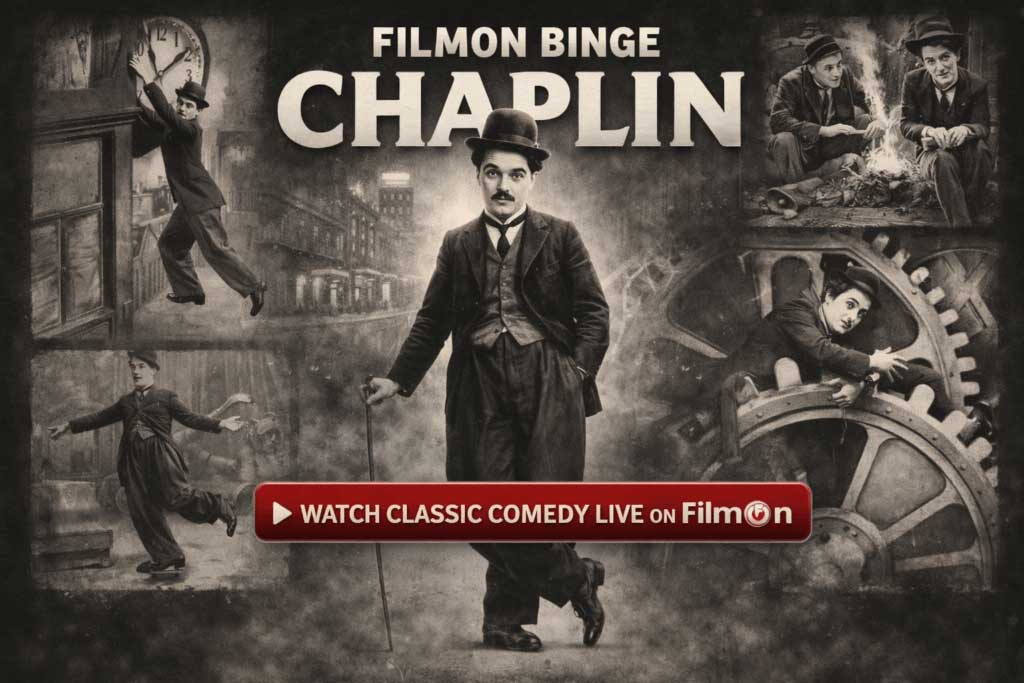Daniel Naroditsky, a standard-bearer in the world of competitive chess that flourished in the COVID-19 pandemic, died Monday at the age of 29, leaving behind a legacy as one of the greats of the game who helped usher in its digital era.
The American grandmaster won several championships and amassed hundreds of thousands of subscribers on YouTube and Twitch, where he livestreamed matches and explained strategy in real time. However, he also faced challenges within the cyberspace he helped create.
High-speed games surged in popularity online during the pandemic, leading to a robust chess community rife with cheating allegations as players utilized sophisticated computer programs for an unfair advantage.
Naroditsky’s untimely death has illuminated the darker aspects of the game that fellow professionals say brought undue criticism and hostility toward him in his final months. The cause of his death has yet to be disclosed.
Legacy of Integrity
Naroditsky faced unsubstantiated claims of cheating from Russian grandmaster and former World Champion Vladimir Kramnik, a figure Naroditsky had previously admired. Despite his success in blitz and bullet chess, he was vocal about how the ongoing allegations affected him.
In his last livestream, he expressed, Ever since the Kramnik stuff, I feel like if I start doing well, people assume the worst of intentions. The issue is just the lingering effect of it. He reflected on the legacy he wished to leave behind, hoping future players would acknowledge his integrity.
Grandmasters and chess professionals worldwide praised Naroditsky as a principled ambassador for the game, using his platform to democratize chess. His family expressed the desire for him to be remembered for the inspiration he provided to others.
Daniel Naroditsky earned the title of grandmaster at age 18 and consistently ranked among the top 200 players globally in traditional chess. He recently won the U.S. National Blitz Championship and dedicated much of his time to mentoring young players in Charlotte, North Carolina.
Arkady Dvorkovich, president of the International Chess Federation, announced plans to honor Naroditsky’s contributions through a dedicated prize, calling him a brilliant and genuinely kind individual.
Blame Game
In light of Naroditsky's passing, many professionals are calling for an end to the relentless blame game that surrounds fast-paced players like him. Kenneth Regan, a chess international master, highlighted the significant uptick in cheating opportunities online compared to over-the-board play.
Regan noted, The rate of cheating online is 100 to 200 times higher than the rate over the board...there are five to 10 cases per year over the board. The chess community was recently shaken when Chess.com shut down Kramnik's blog for spreading baseless allegations against numerous players.
The rapid tempo of online chess, characterized by quick decisions, has led to frequent cheating allegations, as players are often forced to rely on their instincts.
Nurturing Young Talent
Just a week before his passing, Naroditsky posted a video on his popular Speedrun series on YouTube, assuring viewers he was back, better than ever. His insightful videos continue to serve as invaluable resources for players at various skill levels. Professor Benjamin Balas stated, He would discuss common mistakes and how to manage them, particularly in the context of contestant pitfalls.
Grandmasters like Hikaru Nakamura and five-time World Champion Magnus Carlsen are also using digital platforms to spread chess’s appeal globally. Carlsen acknowledged Naroditsky for his impactful streaming efforts, highlighting his universal popularity and valuable contributions to the chess landscape.





















